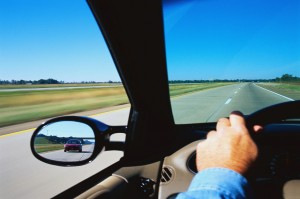 We’ve all heard the warnings about drinking and driving, but what about driving while under the influence of other substances?
We’ve all heard the warnings about drinking and driving, but what about driving while under the influence of other substances?
A new study published this week in the British Medical Journal found that drivers who use marijuana up to three hours before driving are twice as likely to cause a traffic accidence compared to those not under the influence of drugs or alcohol.
While it may seems obvious that driving under the influence of any substance would lead to more accidents, this is the first systematic review to gather all of the evidence on traffic accidents and marijuana use.
“To our knowledge this meta-analysis is the first to examine the association between acute cannabis use and the risk of motor vehicle collisions in real life,” the researchers wrote.
The study reviewed nine studies of nearly 50,000 across the globe involved collisions on public roads. It found the increased risk was most pronounced in studies of fatal collisions, and that the impact of acute cannabis consumption on the risk of minor crashes remains unclear.
This type of review adds to the body of evidence that ultimately helps policy-makers understand public health threats. In this case, it seems clear that lawmakers and public health officials need to do more to help the public understand the dangers of driving while under the influence of marijuana.



